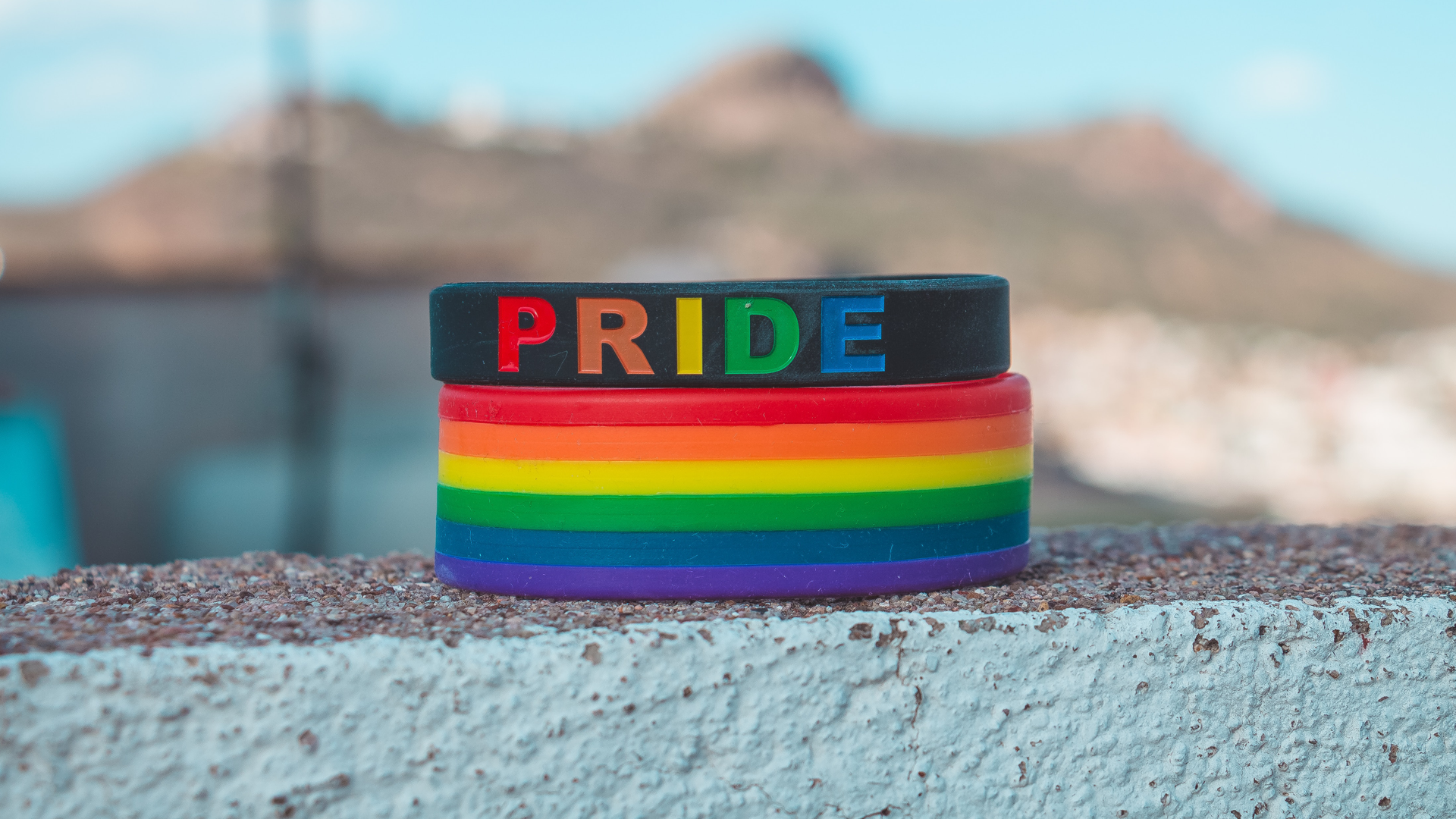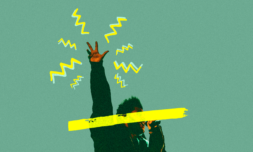With the beginning of the marriage equality hearings in the Supreme Court, the Indian queer community has had to face rising queerphobia online, ranging from dehumanization to death threats.
I haven’t had a single day of peace on social media since April 18th.
This date began one of the most arduous hearings in the Indian Supreme Court’s history of handling queer issues: whether marriage equality should be sanctified under the law and legal protection.
Since then, opening social media – a place I consider the only space where I can be myself without barriers – has become a living hell for Indian queer people. Visiting Twitter to read about the proceedings, I quickly find myself in an echo-chamber of hateful, homophobic rhetoric.
‘We didn’t come from Adam and Steve,’ says a Twitter user with ‘Jai Shri Ram’ in his bio. ‘Ab woke CJI kya karega,’ (tr: now what will the woke Chief Justice of India do) says a person with a profile picture of Narendra Modi.
‘This is all Western drama, why are we hampering Indian society with this shit’, says a person with ‘Radhe Radhe’ in his bio. ‘We need psych wards and the death penalty back because these people need treatment’, says a person with the words ‘kindness era’ in their display name.
I now deliberately ignore any mention of the proceedings, as there is a limit to how much queerphobia a person can handle before reaching a breaking point. Many of my friends have decided not to use social media for the next few months too, mostly out of concern for their wellbeing.
What is happening with the Supreme Court?
The Supreme Court of India has started hearing petitions regarding marriage equality, presented across panels of judges both opposing and supporting. If India legalizes equal marriage, it will become the second Asian country to accept same-sex unions and marriage for all.
The journey to reach this decision would be tough, even more so than in 2018 when the Supreme Court legalized homosexuality. This time, criticism and widespread discontent are likely to be even stronger.
The public are now able to follow proceedings live from the courtroom via online broadcasts, opening up discourse to those outside of just India, such as the US and UK, where misinformation and queerphobic language has seen a notable increase in the last few years.
Indian Twitter harbors a very right-wing stronghold, meaning that trending hashtags or keywords accumulate quickly. Harmful opinions and misinformed tweets spread like wildfire, creating damaging echo chambers that lack proper moderation.
Since the beginning of the hearing, #SayNoToSameSexMarriage trends twice a day, as thousands of accounts openly spew absolute nonsense and blatant queerphobia.
That doesn’t mean that the conversation within the courtroom is any better. In fact, much of the discussion acts as a direct catalyst for extreme online reactions.
The Solicitor General of India, Tushar Mehta, is arguing against marriage equality. On 26th April, he stated on record that gender fluidity means ‘gender based on mood swings and surroundings’.
This comment contributes further to a long history of misguided queerphobia from Mehta. He has coined a term that has now become a joke phrase within the Indian queer community, ‘transformed gender person’.
Mehta feels that the whole of the LGBTQIA+ community has been safeguarded by the NALSA act, something that is flawed yet meant specifically only for the transgender community and not cis-gendered LGBTQIA+ folks.
One of my friends while chatting online told me something funny. “According to the Solicitor General of India, the second highest law officer of the country, all 135 million Indian LGBTQIA+ community members are technically transgender and thus protected under the NALSA laws.”
“Some of us get to be ‘transformed gender persons’ for fun.”
What are the government and religious bodies’ positions on the issue?
The government’s stance, meanwhile, has been outright vile.
Considering much of the state’s propaganda stems from the glorification of Hindutva, it is strange how, for them, queerness is a very Western idea, when Hindu scriptures and religious iconography have had queer representation for eons.
Religious bodies have backed the government’s open hostility to the queer community too, disregard their values and often their own beliefs in favour of political bargaining.
RSS, a Hindu nationalist organization, has opposed the call for equality, saying it will break the moral background of the holy matrimony. Jamiat Ulama-i-Hind, a Muslim body, has also stated that the idea of marriage shouldn’t change with evolving public attitudes.
This type of language has, unsurprisingly, had negative consequences online.
One of my online friends, Ashraf, suddenly tweeted a paragraph explaining that they won’t be supporting the LGBTQIA+ community anymore and that they no longer identify as bisexual.
While shocking, it was more concerning to see why this post was written. Ashraf explained that their father caught them researching marriage equality proceedings and harshly interrogated as to why they were so interested.
Ashraf didn’t answer immediately, but an explanation was soon forced out. Being from a conservative Muslim family, their father’s response was severe and harsh. Ashraf supposedly, after a few days of ‘training’ at their local mosque, now feels their previous beliefs were a lie and that they were ‘blinded’ by online attention.
The conversation didn’t end well between us. Unfortunately, I have lost someone I could confide in, our friendship will never be the same, and Ashraf has lost a part of themselves as a direct result of their online activity.




















